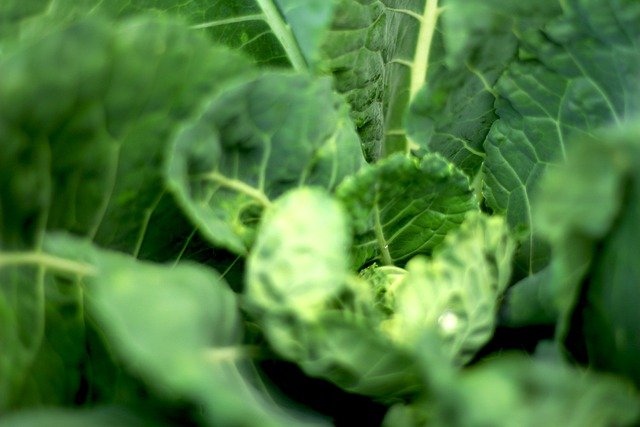Data receptors

An interesting report has been published by the UK’s Food Standards Agency (FSA) and co-authored by digital economists from the University of Exeter Business School.
It recommends using ‘data trust framework’ breakthrough technology to allow businesses at all points in the food supply chain, from growers and manufacturers to retailers, to share selective in-house data safely.
Data trusts have been gaining traction as a way to facilitate trusted data sharing for a few years however the report crystallises what is hoped will ensure exchanges are secure and mutually beneficial.
What’s more, the Open Data Institute found in research in April 2019 “that there is huge demand from private, public and third sector organisations in countries around the world to explore data trusts”.
It’s true to say that organisations have different ideas about what data trusts can do, yet the ability to find ways of sharing data, engendering trust, and still deriving benefits outweigh a lack of understanding.
The report says sharing this data could significantly improve supply chain processes while also boosting consumer confidence about where foods come from, how sustainably they are sourced and whether they are what they say they are.
The data-sharing technology could also help expose and tackle problems from incorrect labelling and widespread food fraud to tracing contaminated food, as well as speed up product recalls.
From a consumer standpoint, the fact that you can have access to that level of information is a good thing, particularly when we’re unsure where our food originates and the journey to our plates.
The FSA report was produced in conjunction with the RCUK-funded Internet of Food Things Network Plus led by the University of Lincoln, and co-authored by Professor Roger Maull and Dr Phil Godsiff from the Initiative in the Digital Economy at Exeter (INDEX), part of the University of Exeter Business School.
As Professor Maull says: “This is a powerful framework for understanding how data may be used for the common good.”
One question is whether companies want to share commercially sensitive information?
Professor Simon Pearson, Professor of Agri-Food Technology at the University of Lincoln, believes such reluctance in revealing “advantages” is holding up much-needed advances in the data age.
He adds: “The data trust framework provides a structure under which data, including real-time and time-critical, ever-changing data, can be supplied to and held securely by independent and trusted repositories, with strong governance ensuring that data providers can trust that their data will only be used as specified while recipients of data and analysis can trust the accuracy and authenticity of what’s provided.”
If as Julie Pierce, director of Wales, Information and Science at the Food Standards Agency, says the data trust framework safeguards sensitivities as build trust with shoppers, then we’re on to a real breakthrough.
It should be said, the proposal is not a data trust itself but a mechanism to manage data trusts, which could connect with regulators and other government departments needing to exchange secure and trustworthy data.
The report includes a roadmap for achieving a data trust framework with a solution that brings together technological services, viable business models and a legally sound two-tier governance system.
It is accompanied by a full legal report that sets out the necessary collaboration agreements underpinning a data trust framework.
‘Food Data Trust: A framework for information sharing’ and the associated Food Data Trust: Legal, Structuring and Governance Report are published by the Food Standards Agency.
- Rodney Jack, editor, Food & Drink Technology.
Keep in touch via email: rodney@bellpublishing.com
Twitter: @foodanddrinktec or LinkedIn: Food & Drink Technology magazine.



